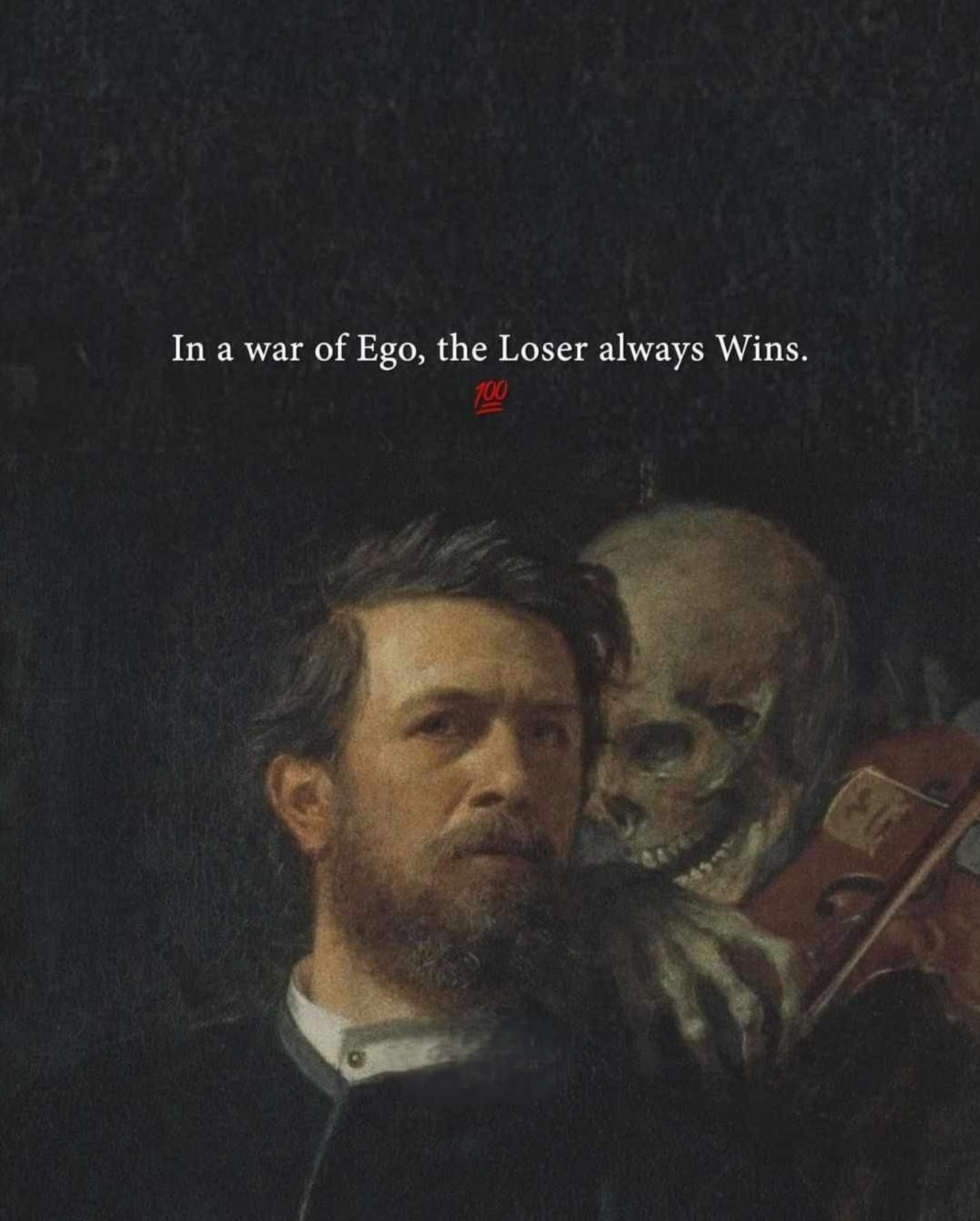At first, it was about the price. I saw the headlines, the promises of wealth, the idea of being part of something revolutionary. Like so many others, I came for the gains. But Bitcoin doesn’t let you stay shallow for long—it challenges you, humbles you, and teaches you lessons you didn’t know you needed.
The first lesson came fast: control is an illusion. I watched Bitcoin’s price swing wildly, from euphoric highs to gut-wrenching lows. At first, I thought I could outsmart the market. I made trades, confident in my “skills,” only to lose more than I gained. Bitcoin didn’t care about my ego or my plans. It was a mirror, reflecting my arrogance and showing me just how little control I really had. Slowly, I learned to detach—to stop chasing the price and start appreciating the protocol for what it was: a system bigger than me, beyond my control, and yet profoundly fair.
Then came the lesson of responsibility. I’ll never forget the day I transferred my first significant amount of Bitcoin to my hardware wallet. The weight of it hit me like a ton of bricks: there was no help desk, no “reset password” button, no institution to call if I messed up. It was terrifying, but also liberating. For the first time, I realized what true sovereignty felt like. But with that sovereignty came a humbling truth: I had no one to blame but myself if I failed. Bitcoin forced me to take accountability for my actions—a lesson that spilled over into other areas of my life.
As I dug deeper, I started to understand Bitcoin’s incentives. Miners, Lightning nodes, developers—all acting in their self-interest, yet somehow creating a system that benefits everyone. It was a revelation. I began to see how my own ego had often blinded me to collaboration, to the idea that aligning individual goals with collective good could create something far greater than the sum of its parts. Bitcoin taught me that self-interest doesn’t have to be selfish. It can be channeled toward something meaningful, something that uplifts rather than tears down.
The hardest lesson, though, was letting go of my pride. Bitcoin doesn’t care who you are, how much money you’ve made, or what titles you hold. It operates on math, consensus, and immutable rules. The protocol humbled me in ways I didn’t expect, showing me that my worth wasn’t tied to external accolades but to my values, my integrity, and my ability to grow.
And grow I did. Bitcoin’s ethos of long-term thinking seeped into my mindset. I stopped chasing instant gratification—not just in investing, but in life. I began valuing patience, discipline, and the kind of legacy that takes years, even decades, to build. It wasn’t just about stacking sats anymore; it was about building a life rooted in principles that would outlast me.
Along the way, I started to see parallels between Bitcoin and life’s deeper lessons. Just as the protocol acknowledges human imperfection and channels it into something productive, I began to accept my own flaws. I learned to forgive—myself and others—because, like Bitcoin miners following incentives, we’re all just doing our best with the systems we’re in. I learned to love more openly, to let go of the petty need to always be “right,” and to find joy in contributing to something bigger than myself.
Today, Bitcoin is still part of my life, but it’s no longer just about the technology or the wealth it can generate. It’s a philosophy, a teacher, a constant reminder that while I’m only human, I can strive to be better. It taught me to let go of my ego, to embrace responsibility, to think long-term, and to align my self-interest with the greater good.
Bitcoin didn’t just change my finances—it changed me. And for that, I’m grateful.

